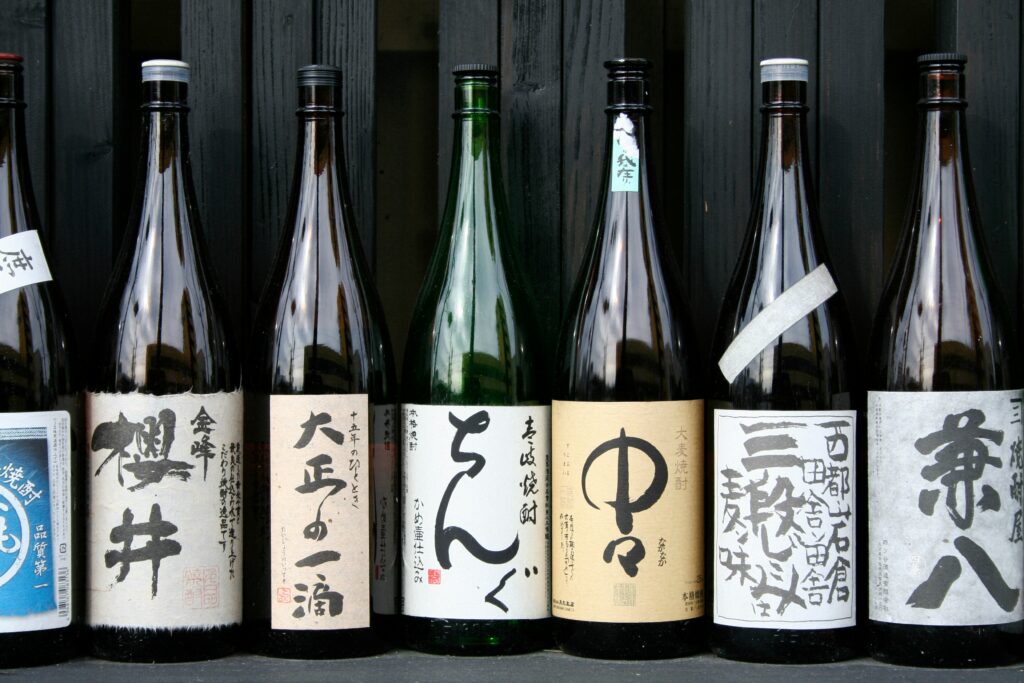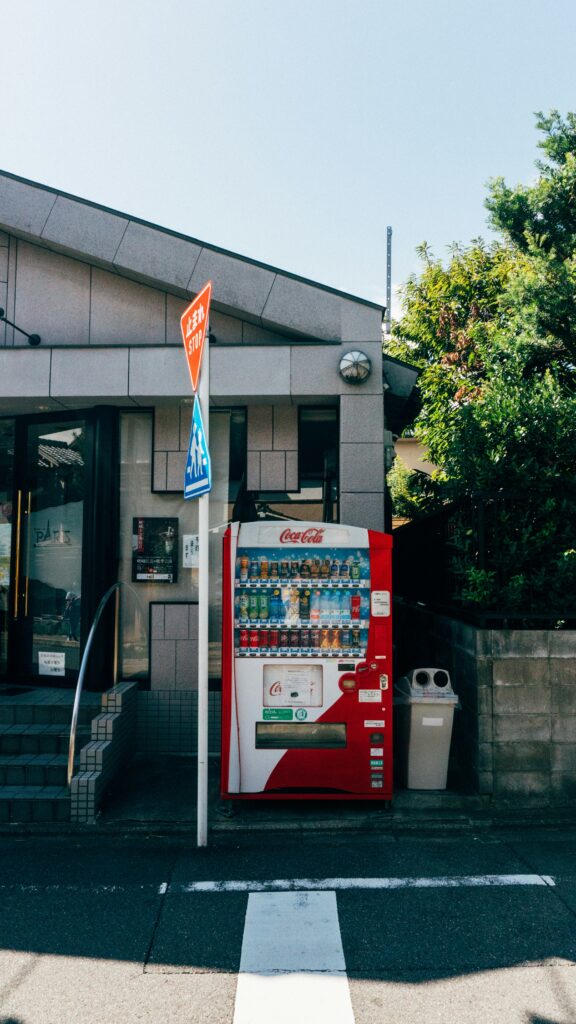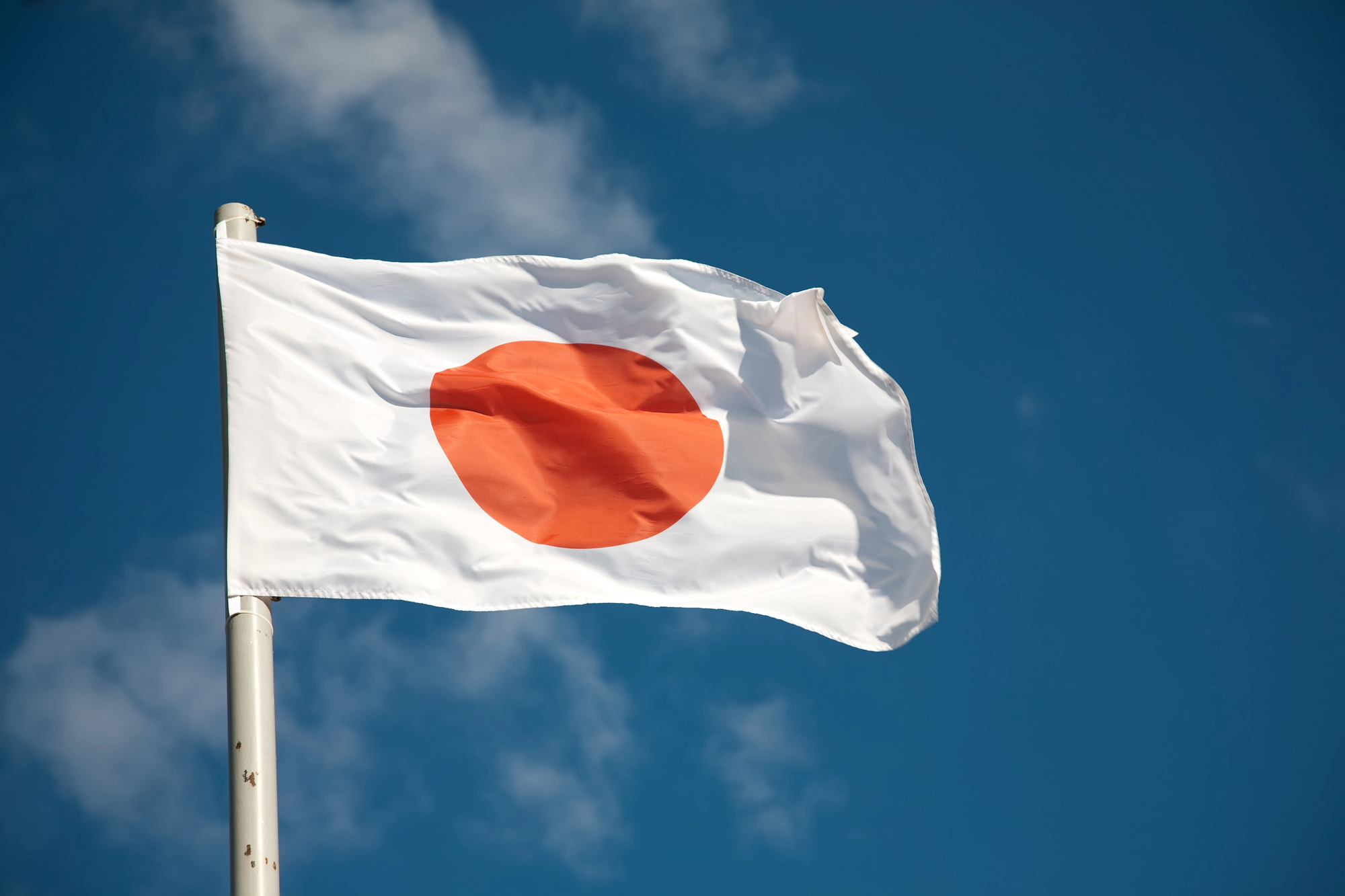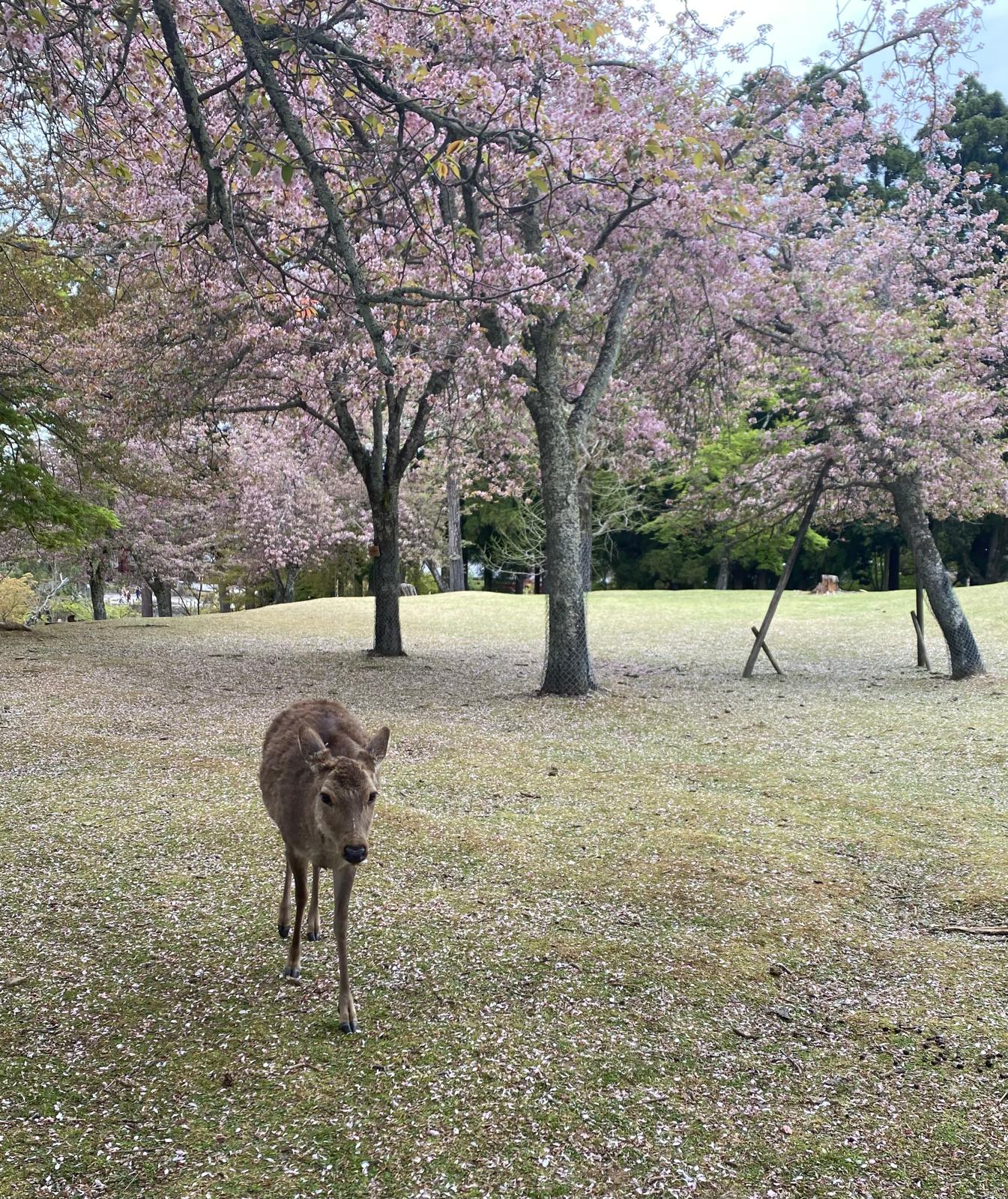When you think of Japan you might picture cherry blossoms, all-night karaoke, sushi trains, and vending machines selling just about everything. What you might not expect is that Japan also has a whole plethora of quirky, surprisingly strict, or uniquely specific laws and regulations that seem almost unbelievable to outsiders. Some protect public safety, others preserve culture or enforce public order, and a few just feel downright odd. When it comes to the law, always remember: rules can and do change, they can vary from prefecture to prefecture, and signs posted in an area can take precedence over what you thought you knew. With this in mind, let’s take a look at 27 laws in Japan that you probably didn’t know.
1. You must carry your residence card (if you are a foreign resident) or passport (if you’re a visitor).
Under the Immigration Control and Refugee Recognition Act, residents aged 16 and over must carry their Residence Card (zairyū-card) at all times and present it on demand to the police. Visitors must carry their passport or temporary residence certificate. Failure to do so may lead to detention until your identity is verified.
2. The legal age to smoke and drink is 20.
Under the Act on Prohibition of Smoking by Minors, the legal age to smoke is 20, and under the Act on Prohibition of Drinking by Minors, the legal age to consume alcohol is also 20. Selling tobacco or alcohol to someone under 20 is a criminal offense.

3. Bringing certain over-the-counter medicines into Japan may be illegal.
Japan’s pharmaceutical import rules are very strict. Some common painkillers, cold remedies, or allergy medications used elsewhere may contain substances that require special permission or may be prohibited entirely. If a traveler brings in medication without declaring or without proper documentation, they may face confiscation or possibly import offense penalties.
4. Riding a bicycle while drunk is a crime.
Under Japan’s Road Traffic Act interpretation and regional police guidelines, riding a bicycle while under the influence of alcohol is illegal. There are documented cases of fines and arrests. The law is less strict than for motor vehicles, but it is real, and the fine can be high and enforcement may be harsh.
5. The legal age of consent is 16.
In 2023, Japan amended the Penal Code and raised the national age of consent from 13 to 16 years old. The amendment also introduced tougher provisions for grooming, voyeurism, and distribution of sexual images of minors. Therefore, today, the national baseline age of consent is 16. Local prefectural ordinances may set higher ages or impose additional restrictions.
6. Cutting in line aggressively or causing disturbance can be punished under public nuisance laws.
While queuing is culturally enforced, the legal backing comes from the Minor Offenses Act or local ordinances regarding “disorderly behavior” or “public nuisance”. Pushing ahead of people, causing a disturbance in lines (e.g., at railway ticket lines) may be considered a violation. Most foreigners will not be arrested for stepping ahead once, but technically the law gives authorities a basis to act.
7. Bicycling while using a phone, holding an umbrella, carrying two people on a single-seat bike or under influence is illegal.
Under the Road Traffic Act and Tokyo Metropolitan Police guidance, behaviors such as using a mobile phone while cycling, riding with an umbrella in hand, carrying a second passenger on a single-seat bicycle, or riding under the influence of alcohol are penalized. Many municipalities plan standardized enforcement (e.g., “blue ticket” fines) beginning in 2026.
8. Garbage separation and disposal rules are strictly enforced.
In almost every city and ward, local municipal ordinances require residents to separate burnable, non-burnable, plastics, cans, bottles, and follow collection days and times. Placing garbage out on the wrong day, mixing categories, or leaving bags too early can lead to warnings, fines or removal of poor-service by the city. This is more a municipal law than national, but it has real legal teeth and is widely enforced.
9. Coercing someone into drinking alcohol at work is illegal under harassment laws.
Japan’s labor law reforms have placed “power harassment” and “alcohol harassment” inside the scope of prohibited behavior at the workplace. If a manager or co-worker insists that an employee drink alcohol at a work event and the employee refuses, that may fall under harassment, and the company must take preventive steps. Therefore, while there is no specific statute saying “you cannot pressure someone to drink” in isolation, it is covered under harassment regulation and labor policy.
10. Smoking on sidewalks or while walking in many Tokyo wards is banned.
Many central-city wards in Tokyo, as well as other municipalities, have adopted local ordinances banning smoking while walking or standing on sidewalks unless you are in designated “smoking areas”. For example, the “no smoking while walking” rule is enforced by ward police and anti-smoking patrols. Violations can lead to on-the-spot fines (or warnings) depending on the local ward.
11. Drinking your own alcohol in certain parks or riverside areas is banned by local ordinance.
While drinking in public is generally legal in Japan, some municipalities impose local prohibitions for certain public spaces – for example, major parks during cherry-blossom season, or near event venues where overt public drinking can lead to littering, noise, or antisocial behavior. Signs will state the ban; failure to obey can lead to fines under local nuisance or park rules.
12. Public littering, spitting, or urinating in public is an offense under local ordinances.
Many Tokyo wards, Osaka prefecture and other municipalities have antisocial behavior ordinances. Dropping cigarette butts, open urination in public, or leaving trash on streets may incur fines or administrative penalties. These rules help maintain Japan’s famously clean public spaces.
13. Overnight camping or sleeping in public parks without permission is prohibited.
Although there is no single national “camping law,” many municipalities (especially in Tokyo and large cities) have local park ordinances prohibiting overnight stays, tent-pitching or sleeping in public spaces without authorization. Doing so can result in removal by city staff or police under nuisance/loitering laws.
14. Vending machines selling alcohol must ensure purchaser is 20+, and machines may be disabled late at night by local ordinance.
While vending machines for alcohol are common, there are strict regulations: retailers must verify age and many local authorities (especially in big city wards) enforce time-based restrictions on alcohol vending. Some machines automatically disable after a set hour (for example, 11:00 pm). Selling to under-20s is illegal and vending machine operators bear the responsibility.

15. Distribution or public display of obscene materials is prohibited.
Article 175 of Japan’s Penal Code criminalizes the distribution, sale or public display of “obscene documents, drawings or other objects”. Because of this statute, adult media is generally censored (genitals masked, etc.). While how “obscene” is defined is interpreted by courts, the law remains in force.
16. Child pornography or sexual exploitation of minors is heavily penalized.
Japan’s Act on Punishment of Activities Relating to Child Prostitution and Child Pornography and the Protection of Children criminalizes production, sale, distribution and possession of child pornography. Possession has been penalized (since 2014) and penalties include up to five years’ imprisonment or a fine of up to five million yen. Keeping or distributing sexually explicit materials of minors is a serious crime.
17. “Prostitution” is illegal but very narrowly defined.
Japan’s Anti-Prostitution Law of 1956 prohibits sexual intercourse with an “unspecified” person in exchange for payment. However, the legal definition of prostitution is narrowly limited to vaginal intercourse with an unacquainted person. Many other sexual acts (oral, anal, etc.) are not covered by that definition and are instead regulated under adult-entertainment business laws. So, to review, paying for vaginal intercourse is illegal, but paying for many other sexual services may be legal under other business regulation laws.
18. Possession, sale, import, or cultivation of cannabis is strictly illegal.
Japan’s Cannabis Control Law prohibits import, export, cultivation, sale or purchasing of cannabis. Possession is penalized with up to five years (or more) imprisonment, and there is no tolerance for even small amounts. Visitors and residents must not assume “personal use” will be excused.
19. Defiling or damaging another country’s flag is a criminal offense.
Under the Japanese Penal Code and related articles, it is illegal to damage or defile the flag of another country with the intent to insult that country or disrupt public order. Curiously, the specific law refers to “another country’s flag” rather than exclusively Japan’s flag. The penalty can include imprisonment or fines.

20. Unlicensed radio/ wireless / transmitter devices are prohibited.
Under Japan’s Radio Law, all radio equipment (including unspecified walkie-talkies, baby monitors, and certain wireless transmitters) must comply with technical regulations and bear official certification. Using non-conforming equipment, or importing/using it without approval, may lead to fines or administrative sanctions.
21. Employers must conduct annual health checkups for full-time staff and monitor waistlines for 40-74 year olds.
Under Japan’s Industrial Safety and Health Act and health-promotion laws, companies must arrange annual health checkups for full-time employees. For those aged 40–74, the law requires waist-circumference measurement and follow-up programs if above the regulatory limits. Companies failing to meet targets may incur higher employer contributions to health insurance.
22. Short-term lodgings must register guests and keep guest logs.
Under the Hotel Business Act and related Ministry of Health, Labor & Welfare guidance, hotels, ryokan, and legal short-term rentals (minpaku) must keep a guest register including name, address, occupation, and other details for all guests. Foreign nationals’ passport details must be copied. Failure to register or keep accurate records may lead to fines and business license issues.
23. The legal age to vote in national elections is 18.
Under the Public Offices Election Act, Japan lowered the voting age from 20 to 18 in 2016. This applies to elections for the House of Representatives and the House of Councillors. This was a significant reform in Japan’s democratic participation law.
24. Keeping extra change knowing you were over-paid can be fraud.
In Japan, the legal concept includes knowingly retaining more change than given by mistake. While this may seldom lead to prosecution for a trivial amount, the principle remains: if you knowingly keep excess money handed to you by mistake, you may be liable under fraud or unjust enrichment laws. It is one of those rules that reflects cultural emphasis on honesty and order.
25. Drones and unmanned aerial vehicles over “densely inhabited districts” or near airports are forbidden without prior permission.
Under the Civil Aeronautics Act and MLIT rules, flying drones at night, in overcrowded areas, near airports, or over altitude limits without special permission is illegal. In Tokyo’s 23 wards and other major cities, many zones are classified as “densely inhabited districts” and require advance notification or a waiver.
26. Bringing alcohol into certain “drinking grounds” is regulated by local law.
In major parks, riverbanks, and cherry-blossom viewing (hanami) spots, local rules may limit or ban bringing your own alcohol (especially after a certain hour) to prevent littering, noise and public nuisance. Violation may lead to fine or police escort.
27. Home-brewing alcoholic beverages over 1% ABV is prohibited.
Under the Japanese Liquor Tax Act and related regulations, any beverage with alcohol content of 1 % or more is treated as an alcoholic beverage and is subject to tax and licensing regimes. That means home-brewing beer, wine or fermented drinks at home without a license is illegal. The law stems from tax and public-administration concerns rather than sheer moral policing, but it remains in force.
The practical effect: you cannot legally make your own beer at home in Japan unless you secure the necessary license (which only large producers manage). Some people do home-brew under the radar, but that means they are technically violating the law.
Final Thoughts
Japan is a society that places high value on order, hygiene, respect for others and public harmony. Many of its laws reflect that ethos rather than punitive motives. That being said, some regulations may still surprise people visiting from abroad, especially when they address something as personal as body size, trash sorting, or private alcohol production.
If you travel to Japan or live there, it is helpful and also respectful to be aware of the basic rules. Breaking the law may not always mean prison, but it could mean fines, embarrassment, loss of privileges, or being barred from a venue or even Japan itself.
Please note: Affiliate links are used in this post. If you make a purchase, I earn a small commission at no cost to you, which goes toward the cost of maintaining this blog.
Now That You Know the Laws, Check Out Some of My Favorite Tours in Japan!
Tokyo Luxury Sumo Experience with Deluxe Japanese Cuisine
Mt Fuji and Hakone 1-Day Bus Tour Return by Bullet Train!
1-Day Snow Monkeys, Zenko-ji Temple & Sake in Nagano



0 Comments